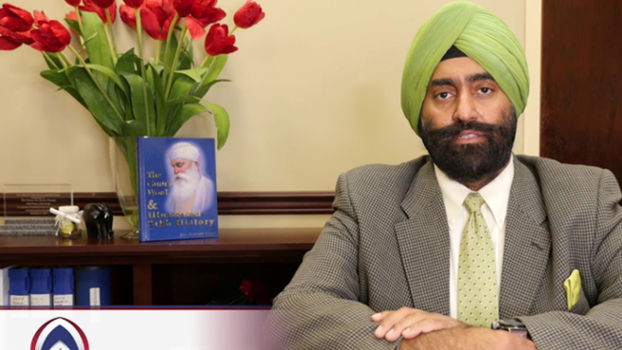
Revolutionizing Solar Energy
Reflect Orbital, a California-based start-up, has unveiled a groundbreaking plan to boost global energy consumption by providing sunlight even after sunset. The company, led by CEO Ben Nowack, aims to redirect sunlight onto Earth’s solar panels at night, effectively enabling solar energy production around the clock. Dubbed as “selling sunlight” on demand, this initiative was introduced by Nowack at the International Conference on Energy from Space in London in April.
The innovative solution addresses a major limitation of solar power: the inability to generate electricity after dark. Reflect Orbital is working on deploying a constellation of satellites to reflect sunlight onto thousands of solar farms during peak energy demand times, significantly extending the hours of solar energy production.
Testing the Concept
Reflect Orbital plans to launch 57 small satellites into space, each equipped with ultra-reflective mylar mirrors measuring 33 square feet. These mirrors will reflect sunlight back to Earth, focusing on solar farms in need of additional power. Nowack estimates that this technique could provide solar power plants with an extra 30 minutes of sunlight, a crucial advantage during periods of high energy consumption.
The company’s Chief Technology Officer (CTO), Tri Semmelhack, and the Reflect Orbital team have already tested this concept. In a recent experiment, they attached an 8-by-8-foot mylar mirror to a hot air balloon and successfully reflected sunlight onto solar panels on the ground. The reflected light generated an impressive 500 watts of energy per square meter of the panel. The team documented their progress in a March YouTube video, showcasing the successful reflection of light onto solar panels from a distance of 242 meters (almost 800 feet).
Sharing a bit more about Reflect Orbital today. @4TristanS and I are developing a constellation of revolutionary satellites to sell sunlight to thousands of solar farms after dark.
We think sunlight is the new oil and space is ready to support energy infrastructure. This… pic.twitter.com/5WRb8etAv0
— Ben Nowack (@bennbuilds) March 13, 2024
Reflect Orbital plans to launch its orbiting mirrors by 2025, with the aim of making solar power available whenever needed, day or night. The initiative has already garnered significant interest, with over 30,000 individuals applying to “purchase sunlight” in the coming months.
This bold strategy could mark a new era in solar energy, allowing for a more consistent and reliable power supply, and potentially transforming the way the world harnesses and utilizes solar energy.















